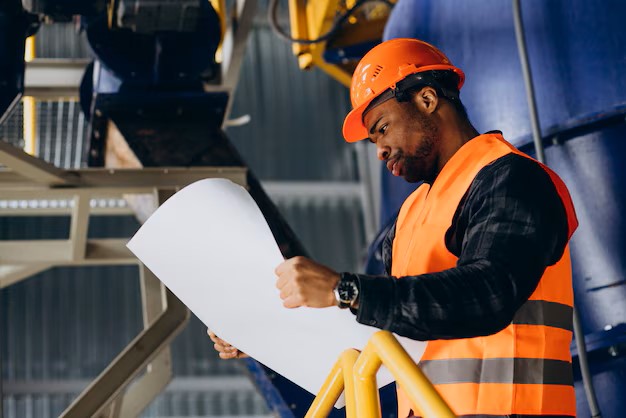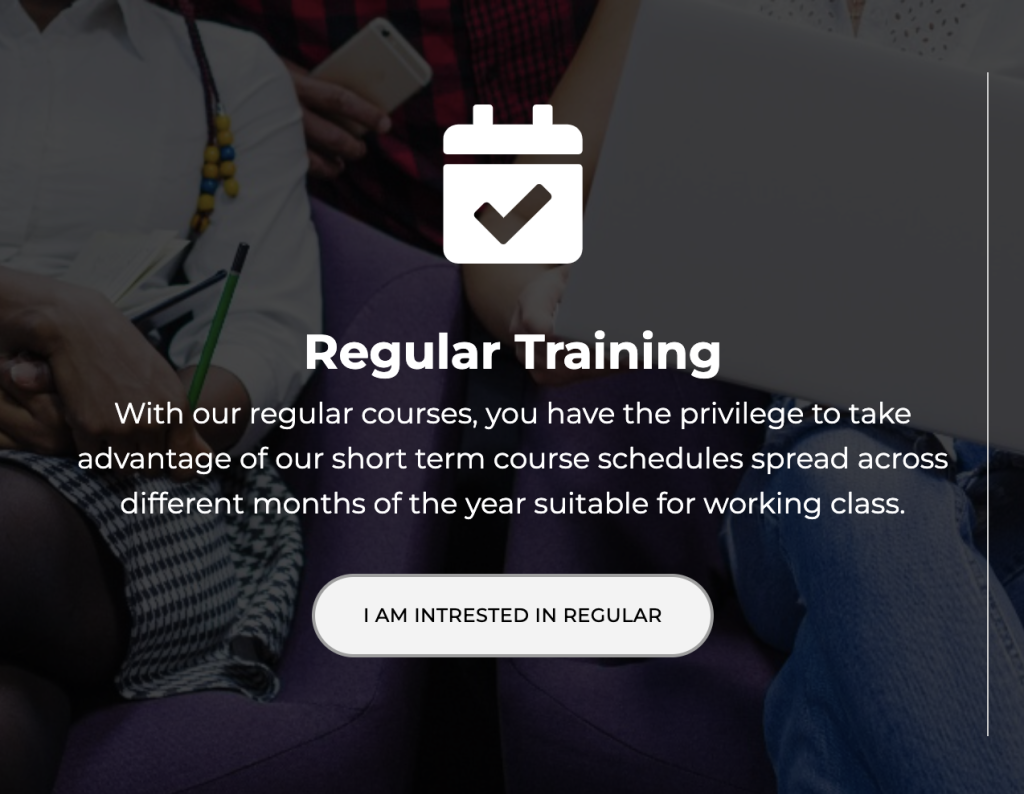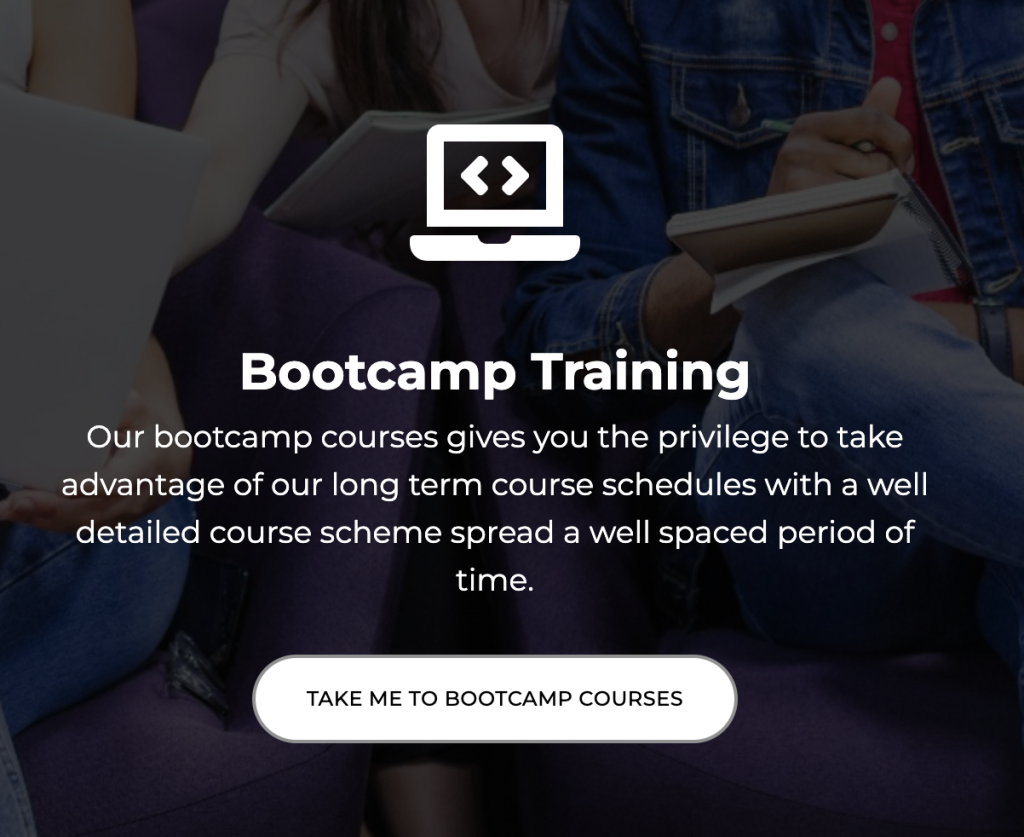Process Measurement, Instrumentation and Process Control (Principles & Best Practices) 31st March – 4th April, 2025
- Description
- Reviews
Introduction:
The Process Measurement, Instrumentation, and Process Control (Principles & Best Practices) course is designed to equip individuals with the knowledge and skills needed to understand and manage the various aspects of industrial process control systems. It covers foundational concepts, key instruments, control systems, and best practices to optimize efficiency, safety, and reliability in process industries. This course is often targeted at engineers, technicians, and professionals working in industries like manufacturing, oil & gas, chemical processing, power generation, and more.
Course Objectives:
1. Understand the Fundamentals of Process Measurement:
-
Learn the principles behind measuring key process variables such as temperature, pressure,
-
flow, and level.
-
Gain an understanding of the various devices and sensors used for process measurement.
2. Develop Expertise in Instrumentation:
-
Become familiar with different types of industrial instruments used for monitoring and controlling processes.
-
Understand how to select, install, and maintain instrumentation systems in industrial environments.
3. Master Process Control Techniques:
-
Grasp the basic and advanced concepts of process control, including open-loop and closed-loop control systems.
-
Learn about PID (Proportional-Integral-Derivative) controllers and their application in process automation.
4. Learn Signal Transmission and Control System Integration:
-
Understand signal types (analog and digital) and how data is transmitted from sensors to controllers.
-
Explore control systems such as Programmable Logic Controllers (PLCs), Distributed Control Systems (DCS), and Supervisory Control and Data Acquisition (SCADA).
5. Optimize Process Efficiency and Safety:
-
Learn best practices for maintaining process control systems to minimize downtime and improve process performance.
-
Explore ways to ensure compliance with safety standards and regulations in process industries.
6. Troubleshoot and Maintain Process Systems:
-
Gain hands-on knowledge of troubleshooting techniques for instrumentation and control systems.
-
Learn calibration, testing, and diagnostic methods to ensure accuracy and reliability.
Course Contents:
Module 1: Introduction to Process Measurement
Overview of Process Variables:
-
Temperature, pressure, flow, and level.
-
Measurement Devices: Thermocouples, RTDs, pressure sensors, flow meters, and level sensors.
-
Measurement Accuracy and Precision: Key concepts and factors affecting measurement quality.
-
Calibration and Testing: Methods and standards for calibrating instruments.
Module 2: Instrumentation Fundamentals
Types of Instruments:
-
Overview of common industrial instruments (pressure gauges, transmitters, valves, etc.).
-
Signal Conditioning: Techniques for processing raw signals from sensors.
-
Signal Transmission: Analog (4-20 mA) and digital transmission techniques.
-
Instrument Installation: Best practices for installing and commissioning instruments in the field.
Module 3: Process Control Systems
Control System Basics:
-
Open-loop vs. closed-loop control.
-
PID Control: Proportional, Integral, Derivative control strategies.
-
Control Valves and Actuators: Types and functions in controlling flow, pressure, and other variables.
-
Automation Systems: PLCs, DCS, SCADA systems, and their role in industrial automation.
Module 4: Control System Design and Optimization
System Design Considerations:
-
Designing control loops for optimal performance.
-
Tuning PID Controllers: Techniques for tuning controllers for stability and responsiveness.
-
System Integration: Integrating different instruments and controllers into a cohesive system.
-
Optimization Strategies: Enhancing system efficiency and reducing energy consumption.
Module 5: Safety, Standards, and Compliance
Industrial Safety Standards:
-
Overview of key safety standards (e.g., IEC, ISA, OSHA).
-
Instrument Safety: Ensuring the safe operation of instrumentation in hazardous environments.
-
Control System Security: Protecting control systems from cybersecurity threats.
Module 6: Maintenance and Troubleshooting
Preventive Maintenance:
-
Regular checks and maintenance procedures to ensure system reliability.
-
Troubleshooting Techniques: Diagnosing common issues in instrumentation and control systems.
-
Data Logging and Analysis: Using historical data to troubleshoot and improve system performance.
-
Fault Isolation: Identifying and correcting issues with process control systems.
Module 7: Hands-on Practical Sessions (Optional)
Simulations:
-
Working with software or simulators to apply measurement and control principles.
-
Real-World Case Studies: Analyzing case studies to understand real-world applications of process control.
-
Instrument Calibration and Testing: Hands-on calibration of sensors and controllers.
Key Takeaways:
-
Comprehensive Understanding of process measurement and control principles.
-
Proficiency in Instrumentation: Ability to select, install, and maintain instrumentation systems.
-
Competence in Control Systems: Understanding of how to design, optimize, and troubleshoot control systems.
-
Application of Best Practices: Knowledge of safety standards, troubleshooting, and process optimization.
Who Should Attend:
-
Instrumentation and Control Engineers
-
Process Engineers
-
Maintenance Technicians
-
Automation Professionals
-
Plant Operators





